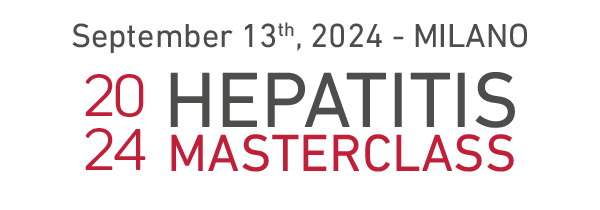

In recent years, management of patients with liver-related diseases has been revolutionized by improvements in diagnostic techniques as well as by the availability of new therapeutic options. The development of potent oral antivirals against hepatitis B (HBV) and C (HCV) viruses led to improved disease course, which translated into a reduction in liver-related complications and better survival. Thus, the WHO goal of HBV and HCV elimination by 2030 represents the most ambitious clinical endpoint of the last years. In addition, the first antiviral against HDV has become available and opens the way to new medical challenges. Despite these novelties, liver-related complications still represent a major burden affecting outcomes and survival of patients with cirrhosis: improvement in patients’ survival and quality of life are emerging clinical challenges. In this complex scenario, current efforts are focused toward development of personalized management approaches. Cirrhosis complications, such as portal hypertension (ascites, variceal bleeding, encephalopathy) and primary liver cancer may benefit from increasingly personalized treatment approaches, either single or combined. Liver transplant - the most known curative approach for several liver-related complications – is extending beyond standard indications. The crucial role of multidisciplinary and multiparametric approaches has become more and more evident. It takes advantages of medical knowledge sharing and of new technologies, and is the more effective the more it is early. All these aspects will be addressed during the Hepatitis Masterclass 2024.

.png)

Tel: +39 02.36520459
Fax: +39 02.36520459
Site: www.ctpeople.it
Email: eventi@ctpeople.it
LinkedIn: CTP srl